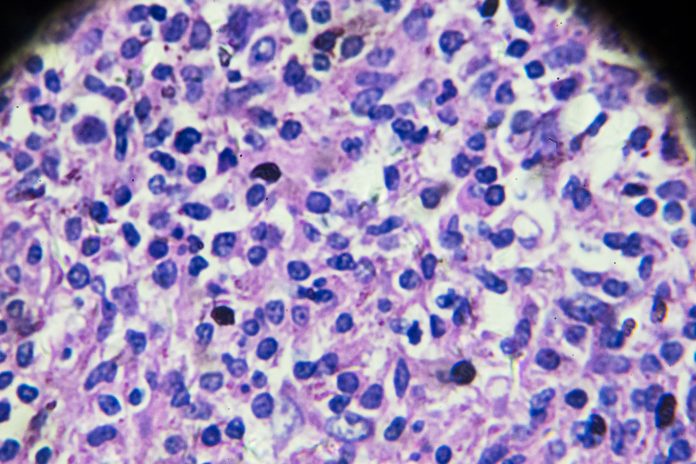
Diabetes and heart disease are two of the world’s leading causes of death, and the growth rate keeps increasing. Now, a team has estimated the contribution of sugar-sweetened drinks to Type 2 (TD2) diabetes and cardiovascular disease (CVD) burdens across 184 countries in 1990 and 2020, globally, regionally, and nationally.
Their paper appears in Nature Medicine and was led by Laura Lara-Castor, PhD, of the Institute for Health Metrics and Evaluation.
The study incorporated data from the Global Dietary Database, jointly stratified by age, sex, educational attainment and urbanicity. The greatest proportion of attributable cases were found in sub-Saharan Africa, Latin America, and the Caribbean. These findings are based on modeling estimates across 184 countries.
The researchers found that in 2020, 2.2 million new T2D cases and 1.2 million new CVD cases were attributable to sugar-sweetened beverages (SSBs) worldwide, representing 9.8% and 3.1%, respectively, of all incident cases. Approximately one in ten new cases of type 2 diabetes and one in thirty new cases of cardiovascular disease worldwide in 2020, they say, may be attributable to the consumption of sugar-sweetened beverages.
Lara-Castor and colleagues analyzed data from the Global Dietary Database, which incorporates estimates of the consumption of sugar-sweetened beverages based on individual-level dietary surveys, together with data on obesity and rates of diabetes. The researchers combined these datasets in a model to estimate the burdens of type 2 diabetes and cardiovascular disease attributable to sugar-sweetened beverages worldwide.
SSB consumption—including sodas, fruit drinks, energy drinks and lemonade—is increasing worldwide. Although some research has identified health risks associated with the consumption of these drinks, which can include weight gain and an increased risk of type 2 diabetes, the global health impacts of sugar-sweetened beverages has not been quantified recently.
Modeling these effects in the populations of 184 countries, Lara-Castor and colleagues estimated that in 2020, 2.2 million new cases of type 2 diabetes and 1.2 million new cases of cardiovascular disease were attributable to these beverages worldwide.
By world region, the greatest attributable burdens were found to be in Latin America, the Caribbean, and sub-Saharan Africa. In evaluating trends between 1990 and 2020, the researchers found that sub-Saharan Africa saw the greatest increase in the proportion of type 2 diabetes and cardiovascular disease, with cases increasing by 8.8% and 4.4%, respectively.
Lara-Castor and colleagues noted that their findings identify an association and are based on estimates with high-uncertainty assumptions in countries in which available data on food consumption and outcomes were limited.
The authors concluded that notable and increasing cardiometabolic disease burdens attributed to SSB consumption in economically developing regions reflect a dietary shift toward the adoption of more-Westernized dietary patterns. They emphasize the need for effective policies and interventions to regulate the sale and consumption of sugar-sweetened beverages worldwide to reduce the associated disease burdens.









![Best Weight Loss Supplements [2022-23] New Reports!](https://technologytangle.com/wp-content/uploads/2022/12/p1-1170962-1670840878.png)




